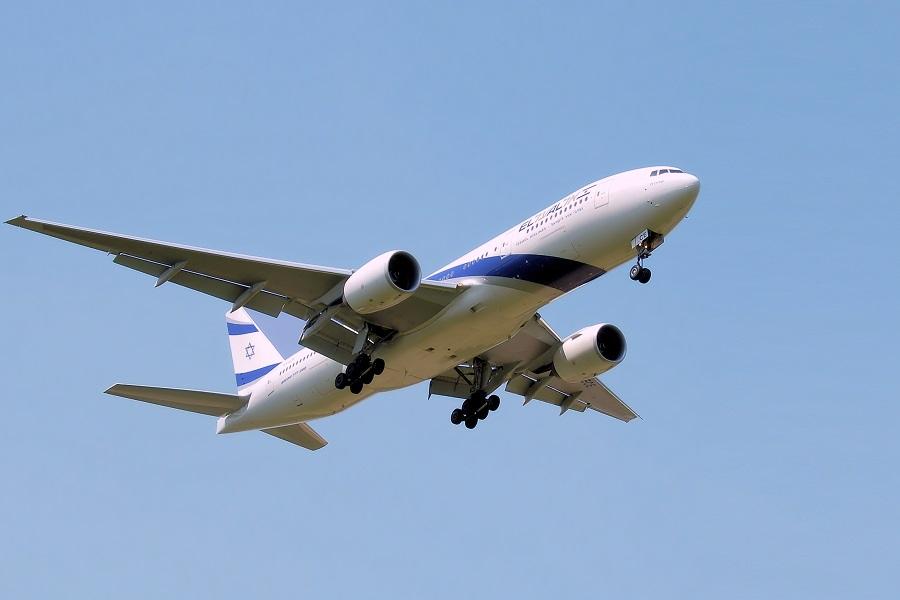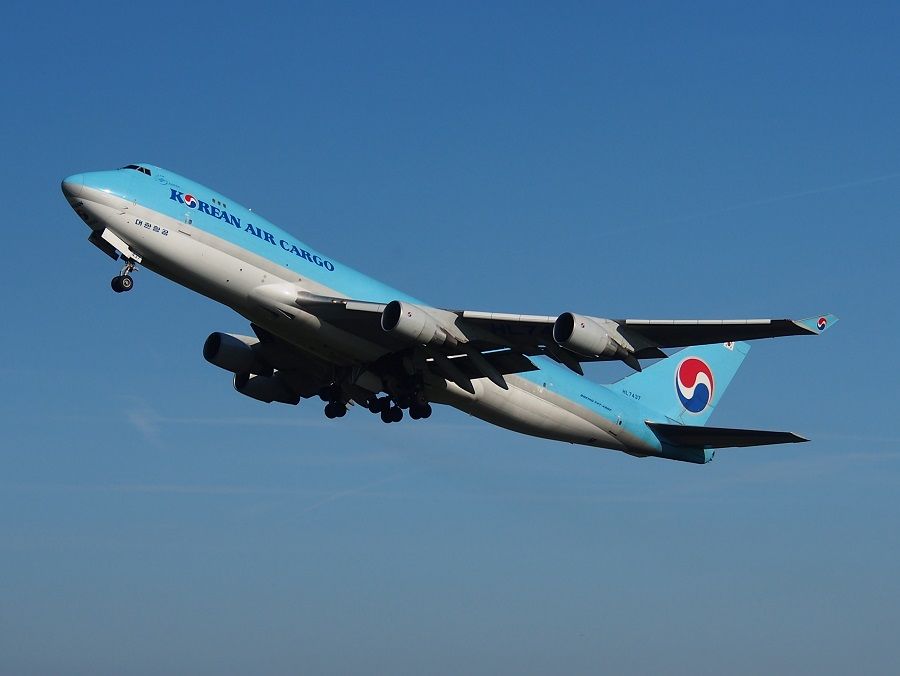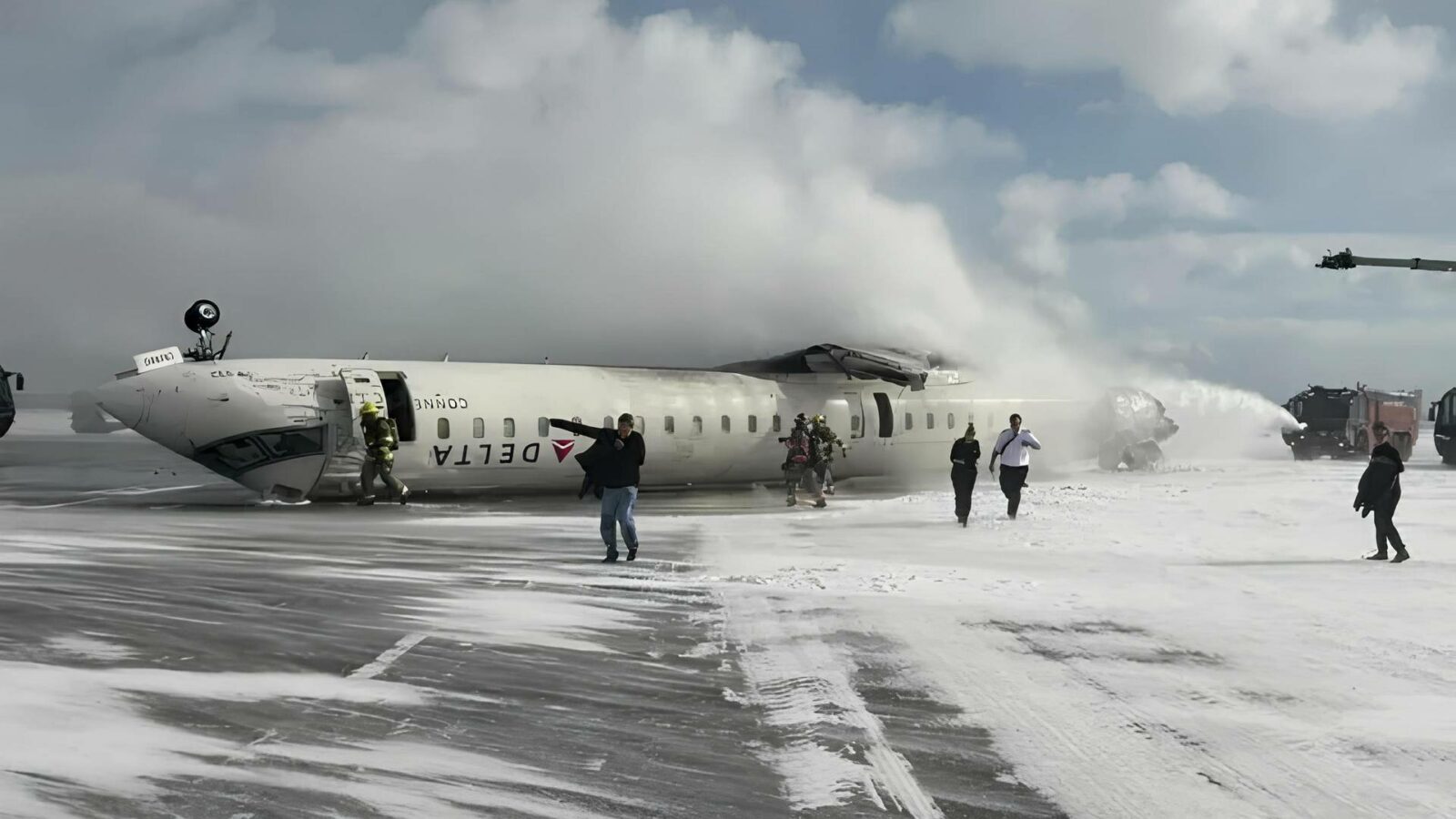What happens if an aircraft belonging to a foreign airline needs some spare parts or unscheduled maintenance, after flying into Russia?
We saw how international sanctions are severely limiting how and where Russian airlines can fly. Whether it’s because of issues around leased aircraft or non-functional reservation systems (or both), Russian airlines are only flying domestically. However, there are airlines from other countries that still fly into Russia.
So what happens if a foreign airline needs spare parts for one of its aircraft when it is in Russia? Or, what if it needs maintenance, beyond what engineers could do on the ramp? There have been such incidents with aircraft landing in Iran – either in scheduled flights or after diversions, in an emergency.
El Al Tail Strike?
We recently saw an incident, where complications from sanctions could have come into play. Luckily, the foreign airline in this case didn’t need any spare parts or complicated maintenance. The incident happened on the 14th of March, involving El Al flight LY-618. Israeli airlines continue to fly into Russia. This flight was from Moscow’s Domodedovo International (UUDD) to Tel Aviv Ben Gurion International (LLBG) in Israel.
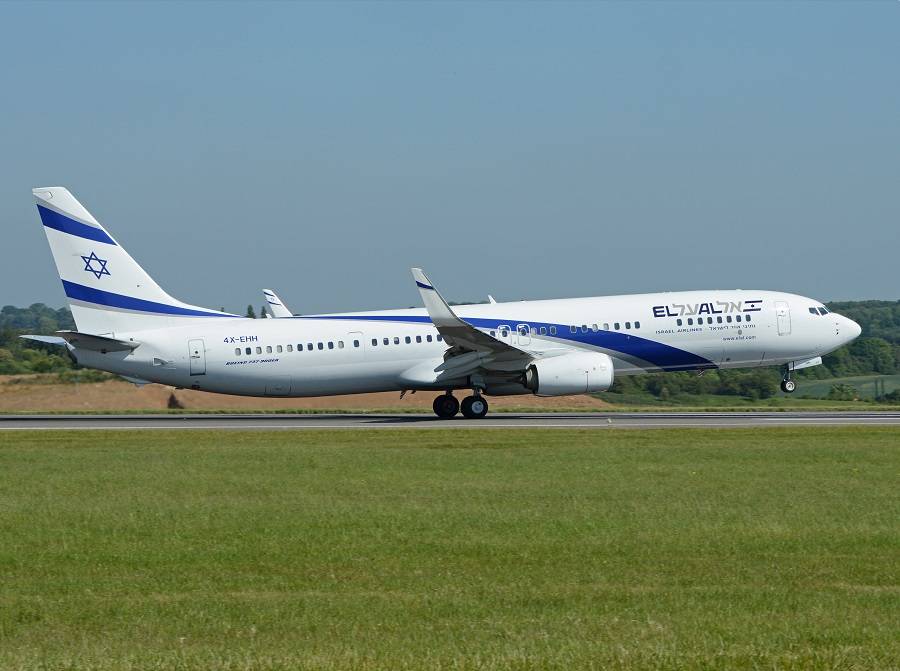
As it turned out, the flight didn’t go very far. After departure from runway 32L, the crew stopped their climb at 10,000 feet. By this time, they had already reported to air traffic control that they suspected a tail strike on departure. Afterwards, the crew entered a hold, to burn fuel, before returning for a safe landing, back on 32L. The flight lasted just under two hours.
Ground crews discovered no damage to El Al’s aircraft, a six-year-old Boeing 737-900ER. Even if the aircraft of the foreign airline had some damage, it likely wouldn’t have needed any spare parts. It is possible that its crew could have ferried it, unpressurized, to a suitable repair facility. In this case, the aircraft spent around 24 hours on the ground, before setting off for Tel Aviv once again.
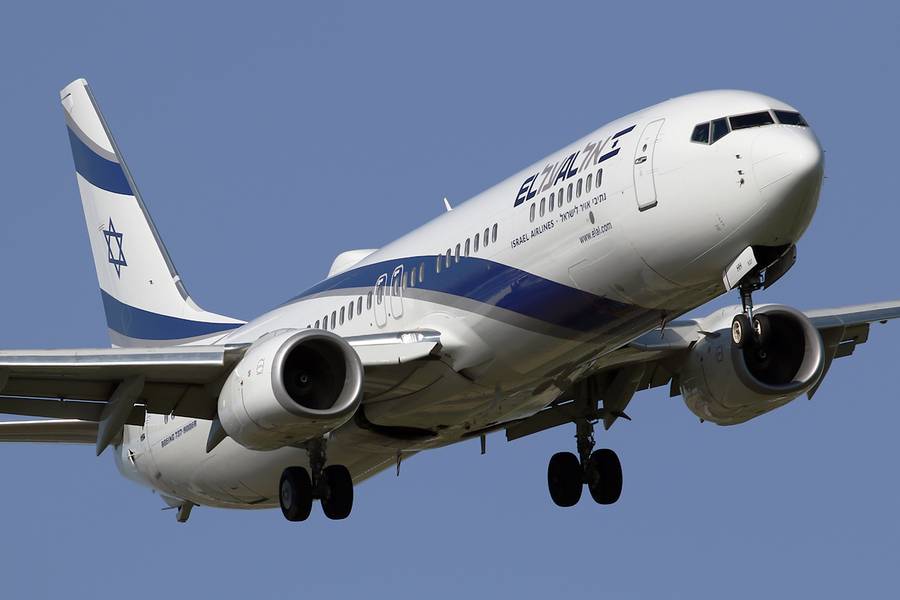
A Foreign Airline, Spare Parts And Likely Failures
But the situation might have been considerably different for other typical failures. Engine failures come to mind. Birdstrikes can cause surges, damaging engines. So what would the process of repairing such an aircraft look like now, in Russia? Can a foreign airline import spare parts to make repairs? Could it bring parts and authorise Russian crews to do the work – and pay for it?
In many parts of the world, airlines travelling internationally have reciprocal agreements with other airlines, for repairs. It is difficult to see how such agreements would work, with sanctions in place. Additionally, even minor incidents, like this suspected tail strike, would have insurance companies looking on nervously.
The international situation is still developing. We don’t fully see the effects of the sanctions on Russia yet. But as time goes on, more and more operators choose not to overfly Russia. That’s true even in countries that haven’t introduced sanctions to Russia. This is in spite of much longer flight times, requiring more fuel, which is more expensive now than before. Korean Air Lines became the latest operator to make such a decision, citing “operational challenges and safety concerns”.

